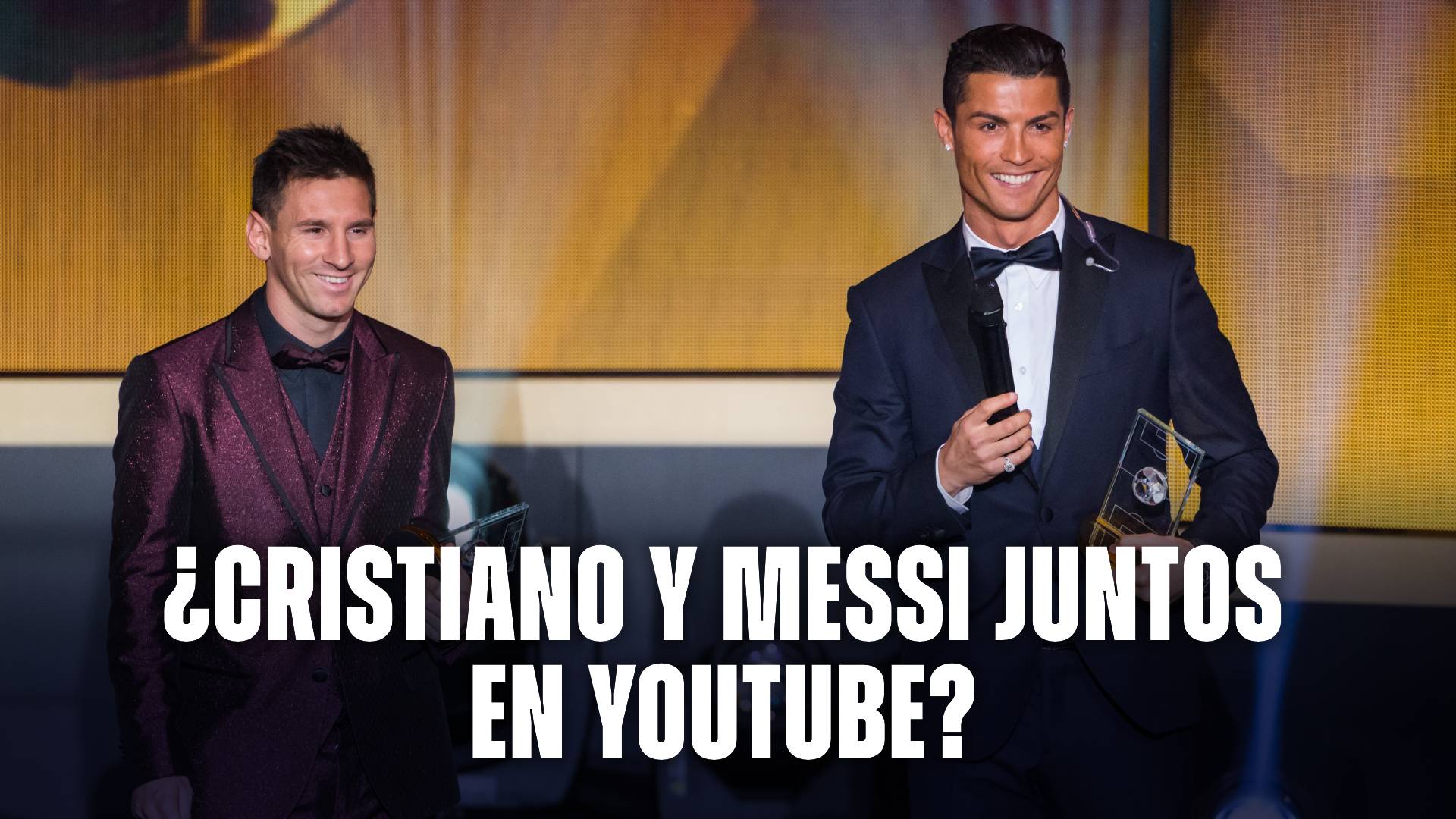MADRID, 17 (SERVIMEDIA)
The Music For All Foundation and the State Coordinating Cultural Association of Private Live Music Venues (Acces) have collaborated in the development of a decalogue “for the accessibility and inclusion” of these spaces with the aim of “making it accessible to anyone the musical and cultural experience without limiting factors.”
This was announced by both entities in a statement in which they asserted that, for an event “to be inclusive”, a chain of accessibility should be “guaranteed” that allows people with disabilities “an autonomous, independent, continuous and uninterrupted interaction.” at all levels: physical, informative, communicative and cognitive”, convinced that “the right to enjoy live music can only be guaranteed if there is professionalization in terms of accessibility and inclusion in culture.”
In this context, the decalogue contains ten thematic blocks in which to “influence” to “improve” the accessibility of concert halls with the aim that “all people, with and without disabilities”, can “get informed and get tickets, reach to the event, move around its venue, enjoy the music concerts and access and facilitate the use of its services.”
The first five measures are related to “facilitating” communication, having an “accessible” website, information on arrival at the room, “facilitating preferential access” and “improving signage.”
The other five refer to the development of the show itself and plan to provide “as far as possible”, an “accessible” bar, with accessible itinerary and lighting; the provision of “preferential, close to the stage and signposted” spaces as well as adapted bathrooms or sensory accessibility.
ACCESSIBILITY IN THE CULTURAL SECTOR
“There are many existing accessibility regulations that indicate or guide in general terms, however, few refer to the culture sector, despite the fact that, in Spain, there are more than 4.3 million men and women with some type of disability,” they lamented.
In this context, the decalogue aims to offer ten “simple recommendations” that aim to “serve as an impulse” to leave a “small seed of awareness in the music industry”, just as, they recalled, the foundation has been doing with its guide. for festivals or the study of inclusion in festivals, now also “taking the leap”, thanks to the collaboration with Acces, to concert halls.
Finally, they indicated that the Music For All Foundation seeks to “be a precursor” of the creation of an “accessible and inclusive” musical cultural offer in Spain, where “all people can enjoy and be part of it,” while Acces aims to “strategic mission” the “structuring and professionalization” of the live music sector.
(SERVIMEDIA)17-NOV-2024 12:36 (GMT +1)MJR/mjg
(C) SERVIMEDIA. This information is property of Servimedia. It can only be disseminated by the clients of this news agency citing Servimedia as the author or source. All rights reserved. Distribution and public communication by third parties through any means or medium is prohibited.
What are innovative technologies or strategies that can enhance accessibility at concerts for individuals with disabilities?
1. What is the Music For All Foundation, and how does it work to improve accessibility in the music industry?
2. What are some specific ways in which concerts can be made more accessible for people with disabilities?
3. How significant is it for the Music For All Foundation to collaborate with the State Coordinating Cultural Association of Private Live Music Venues (Acces) on this initiative?
4. What are the 10 thematic blocks outlined in the decalogue for improving accessibility in concert halls?
5. How does the decalogue address specific aspects of the concert experience, such as communication, seating, and bathroom facilities?
6. What challenges do you foresee in implementing these recommendations in the broader music industry?
7. What role do you think governments and non-profit organizations play in promoting accessibility in the arts?
8. Can you provide examples of other initiatives or organizations working towards improving accessibility in the arts?
9. How can we ensure that accessibility initiatives in the arts are sustainable and incorporated into long-term planning?
10. What is the ultimate goal of the Music For All Foundation and Acces in terms of making live music more accessible and inclusive?


